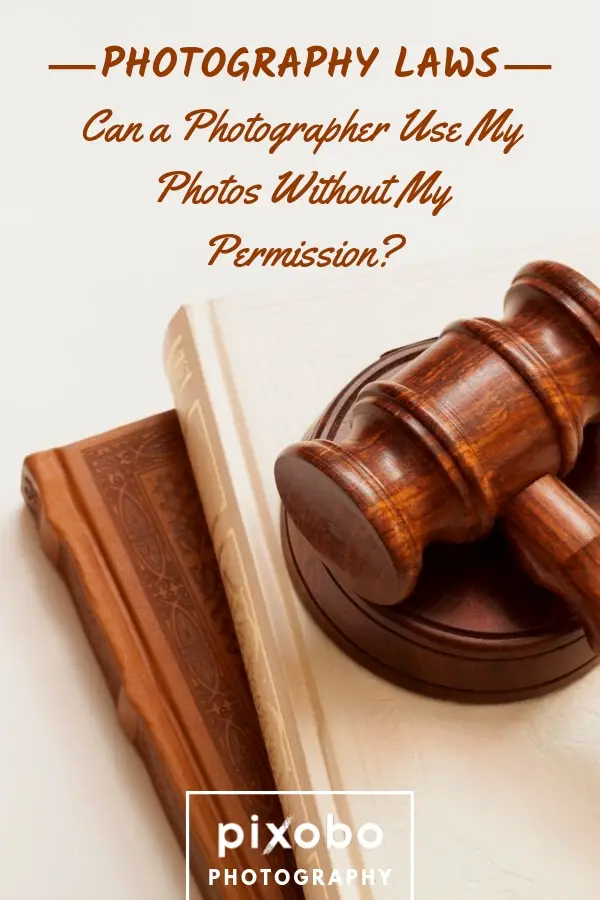From the client’s perspective, this is one of the most searched and asked questions and it is not easy to answer. There are lots of things that we need to consider, but if you are looking for an answer that applies in most situations then here it is:
If a photographer took a photo of you on the street and there were other people around you, he can use that photo without your permission in most cases but there are some exceptions.
First, did you hire a photographer?
If the answer is YES, then legally speaking he can’t use the photos without your consent. In order for the photographer to use the photos, he would need to sign a model release. You need to have some kind of a written agreement with your photographer, but in most cases even if you don’t have a written agreement he does NOT have the permission.
He does not have permission to use the photos if you have a reasonable expectation of privacy.
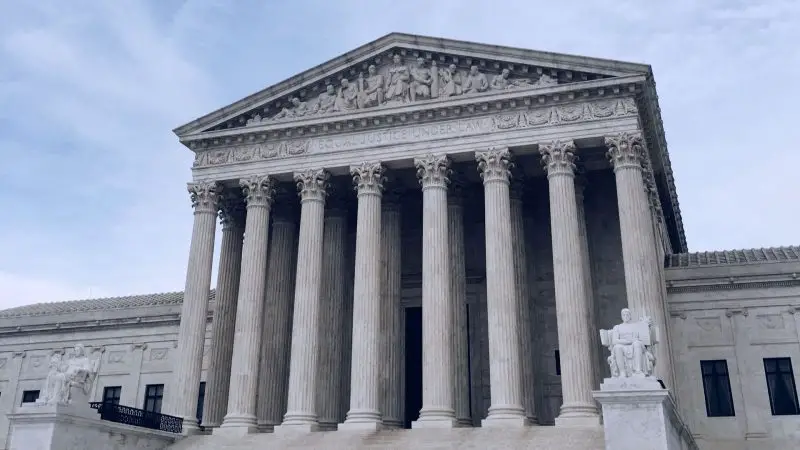
What does this mean?
If you are in the privacy of your home, in a hospital, public restroom or any similar act, that is considered by a definition to be a reasonable expectation of privacy.
Disclaimer: These laws are generally true for most countries, but just to be safe do NOT rely on them. If you have this kind of problem seek legal advice, don’t take matters into your own hands.
The rest of the article will focus on the photographer’s perspective, it is also advisable for you to read the whole article in order to get a better grasp of the photography laws.
Photography Laws – What You Can, Can’t or Might Be Able to Do as a Photographer
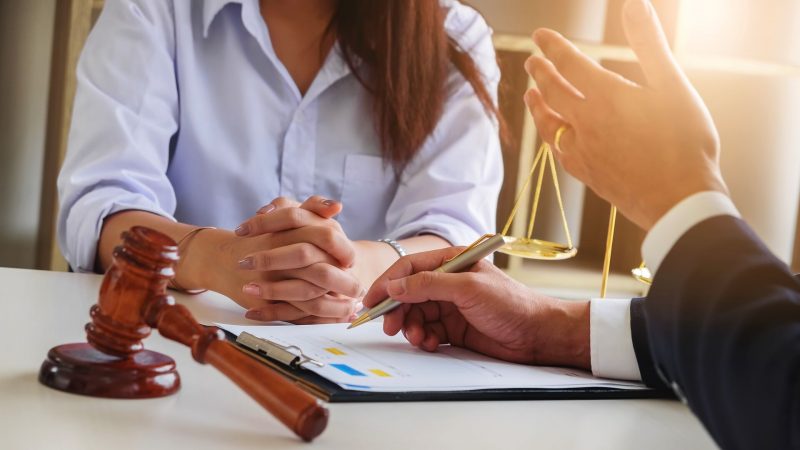
Every country has its own privacy and copyright laws when it comes to the taking of and selling of photographs. In fact, in the US, every state has its own laws.
Generally, a lot of the laws are the same, but it makes sense to check up on your own state laws or those of the state where you will be doing some work.
From forms to copyright laws, there is a myriad of information on the web and sifting through it can be mind-boggling. It is worth the time and effort to know what your rights are, as well as the rights of those you are photographing.
Below are a few pointers, but please make sure to learn about the laws where you live before you start snapping.
Can You Photograph Anything on Public Land?
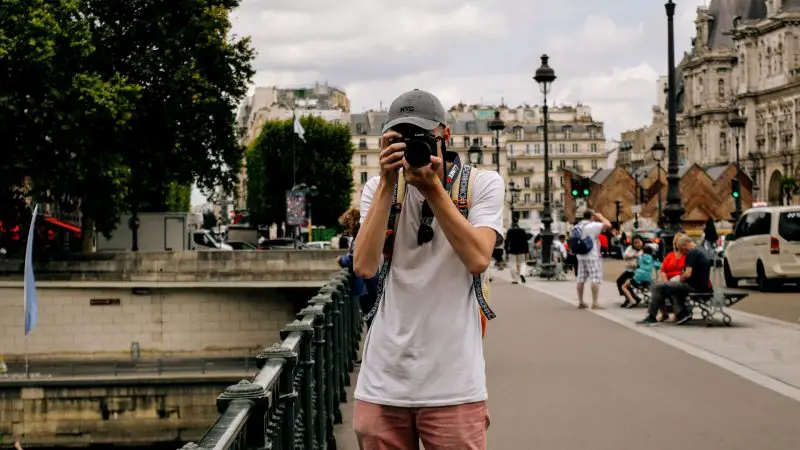
Yes, you can.
As long as you are standing on public land when taking the photograph, you can take it. Even if you spot a celebrity running for cover or the police arresting someone it is fair game.
You can take pictures of an accident scene, just don’t get in the way of emergency services. But you wouldn’t, would you?
What can’t you photograph?
Anything that would make it easier for someone with ulterior motives to achieve their objectives – so nothing to do with the military or power infrastructure for instance. And of course, take into consideration the places where people would expect to have privacy – for instance hospitals and houses.
Remember your equipment can be a safety hazard, so don’t just haul it out and set up.
A lot of the national parks have their own guidelines so please check if you will be taking any photographs using other equipment.
When in doubt, ask!
Also, remember that people will approach you to find out what you are doing. Be prepared to show them and tell them your intentions.
Hand out your business card. Private citizens cannot by law stop you from taking photographs.
Being polite and approachable will go a long way to allay suspicion, especially in the times we live in now.
What Are You Allowed to Photograph on Private Land?
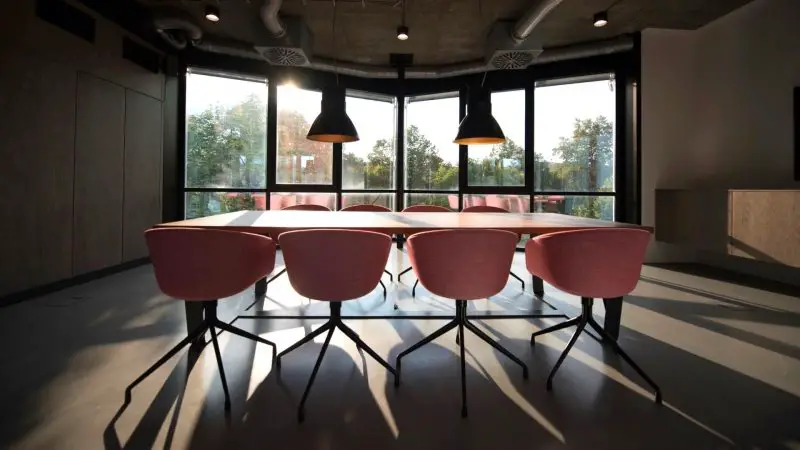
What is private land? All business and public buildings.
Anywhere where people gather, such as theaters, sports stadiums and concerts will have their own regulations and policies need to be checked first.
Shopping malls are private land and no shop is going to allow you to walk in and start photographing what they are selling.
Also, governmental buildings and departments will have strict rules about photographs, so try not to ruffle any feathers otherwise you will be swapping stories with your new cellmates!
Can I Photograph Law Enforcement?
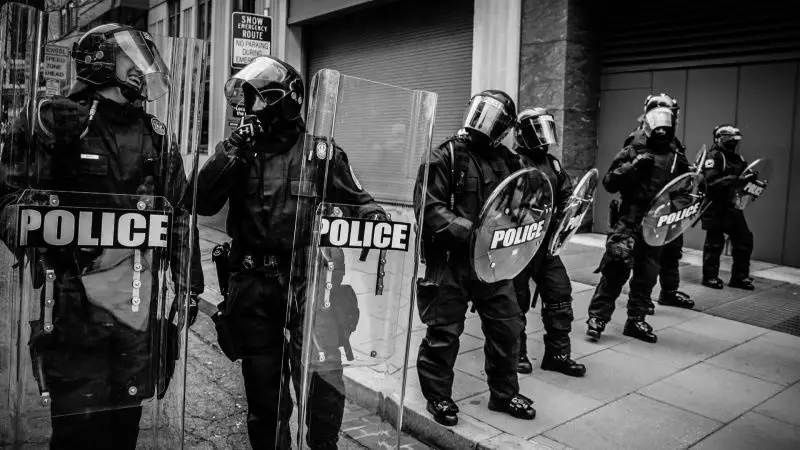
Yes, you can.
Many police officers might be uninformed about the regulations in your state and tell you that you cannot take photographs. Even in stressful situations, police do not have the right to stop you.
Obviously, you would need to use your discretion in these situations so that you do not get in the way.
Can they force you to delete your photographs?
Can they confiscate your equipment?
No and no.
But be calm and respectful especially when things are going down.
Ask what law you are breaking?
They could, of course, ask you to leave – which you might consider unless of course, you miss those cellmates mentioned previously!
Do I Always Need a Model Release?
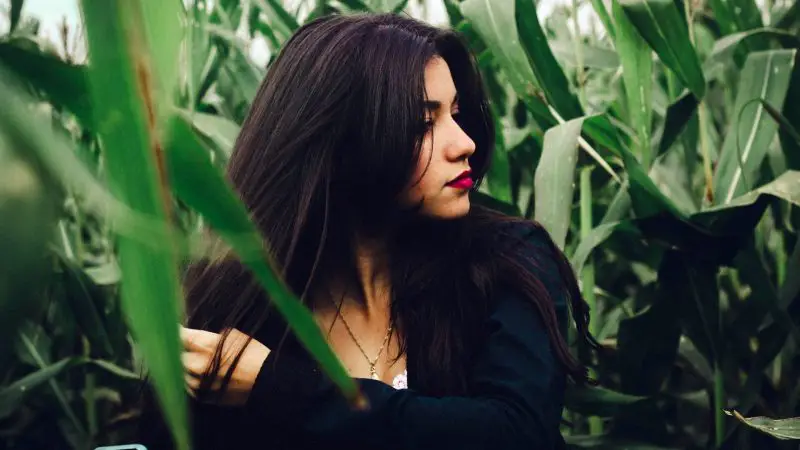
No.
Many people think you need one no matter who and where you are photographing but that is not true.
It would be impossible to find everybody in a crowd and get them to sign a release. BUT it would be needed if the person you are photographing’s right to privacy has been compromised and if you are going to use their image for commercial use.
If you are a fashion or portrait photographer, you will need model releases signed.
ASMP’s Model Release Tutorial.
Photography Law and Social Media

Social media sites today encourage people to share photographs. This means that copyright infringement is now a widespread problem.
So how do social media platforms terms and conditions affect your rights when your photos are posted and shared publicly?
Or what if they are shared by someone other than yourself?
Can you use some other photographer’s pictures?
It seems that it would depend on the platform’s terms and conditions.
Let’s look at Facebook – when you place a photo on Facebook, you are granting it the right to use the content you post. But if you are a copyright owner of a photograph posted on Facebook, you do not give up all your property rights.
If you post on Instagram – you need to comply with copyright laws and acknowledge you own the photos you are posting. But, you are also giving Instagram a sublicense (remember Creative Commons) to use the uploaded content.
Check the terms and conditions on any social media platform you use.
In any event, the rules can blur, and it can be easier just to carry on regardless.
If you have any doubts about posting your photographs, using someone else’s photos, rather do some homework first.
The best way forward is always to obtain permission and that works both ways.
Do I Need a Permit for Commercial Photography?
Some locations will ask for a permit and sometimes even proof of insurance, for instance, the California State Parks. Some historical parks also require permits.
If your photography involves sets or props or models, often a permit will be involved. Also remember that if your photography will involve any disruption, a permit may be needed.
This would also be applicable if you needed access when the area is normally closed, or you would like to use a restricted area.
Remember, If a photograph shows private property where someone can identify the owner of the property, you should get a property release if you are going to use that photograph for advertising or commercial purposes.
Are You Allowed to Sell Your Photographs?

Anything taken on public land, yes you can. Unless you have taken pictures through windows or open doors and violated what is someone’s private space.
But NOT if you are trying to sell your photo for commercial use.
You cannot take a shot of a gorgeous guy and try to sell it to an advertising agency. You would need his agreement first before anything can happen.
If you have taken a picture of a crowd at an event and sell them to a magazine, for instance, that should be ok – although they might ask for a model release if the crowd turns out to be two people.
Any photo taken on public land that you are not selling for commercial use (advertising for instance) can be sold.
The Big C! Copyright Laws and Creative Commons

Copyright for photographers means owning photographs which are deemed as your property. And when you own something, you get some exclusive rights to that property.
This is what those rights entail with regards to your photographs:
(1) You have the right to reproduce your photographs;
(2) You can create other works, based on your photographs;
(3) You can either sell your photographs to the public or transfer ownership to someone else; and
(4) You have the right to display your photographs publicly.
Another type of licensing is called Creative Commons.
So, what is that?
It means that you give others some of the rights that you have to one or more of your photographs.
Let’s use an example.
Maybe someone wants to use your photograph in an issue of a magazine – you can allow that, but you still own the copyright.
There are different licensing packages under Creative Commons, so you have some flexibility with your licensing – you can decide if you will allow commercial use of your photograph or whether you want to be acknowledged in some way for your work.
Who Owns the Copyright Once the Picture Is Taken?
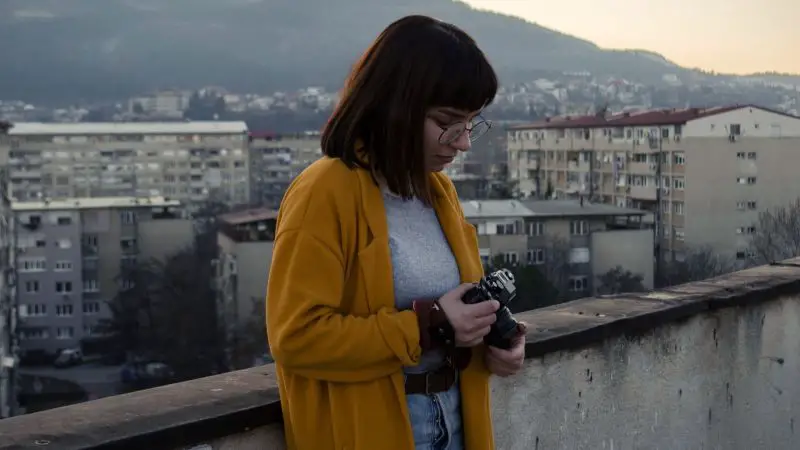
Generally, once you have taken the picture, you own the copyright.
There are exceptions such as the “work for hire” category. This can be when the photographer is an employee hired to take photographs for the employer, such as a photojournalist who works for a newspaper or a photographer who is hired to take photographs for a compilation and has signed a written agreement.
So, a work-for-hire status only applies when you have contractually agreed to it.
While you might own your photograph, there is something called Fair Use.
This means that in a limited way, your photos can be used without gaining your permission. This means they can be used for teaching and research for example.
If an infringement occurs, then the court will decide if it Fair Use or not.
What If I Did Not Register the Copyright and Someone Uses My Photograph?
If you have not registered your photograph with the US Copyright Office and someone uses your photo without permission, you can still recover some damages.
These will be determined by the court.
Are Americans the Only Ones That Need to Register Their Copyright with the Library of Congress in the United States?
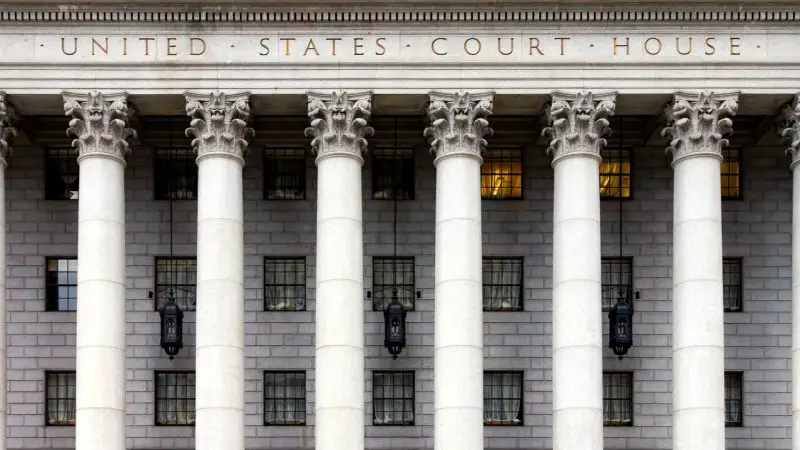
The answer is a surprising no!
It does not matter what nationality you are, all unpublished photos are protected in the United States.
The US has copyright law and any photo, even those taken in other lands are protected by this law and can be registered.
Do I Need to Put the © or the Word Copyright on My Photos?
You might see this © sign or the word “copyright” with a date and name of the copyright owner—on any type of creative work.
There are three parts to a proper copyright notice:
it needs to have the ©, the word “Copyright,” or “Copr.”
Then it needs the year when the work was published and then the name of the copyright owner.
You do NOT have to by law use this, but it can be a good idea to use it as it might stop someone from using your photo as the copyright sign stays on the photo and spoils the look of the product.
Also, there is no recourse for someone using your photograph if the sign is on the photograph and you may be able to claim for DMCA damages if your copyright notice is removed to hide a violation.
You also do not have to register your work with the U.S. Copyright Office to use the copyright sign or notice.
Helpful websites:
United States Copyright Office.
There’s also a tutorial on how to register a visual arts work (a photo) and ASMP’s Copyright Application Tutorial.
Let’s Get Legal: Forms and Contracts
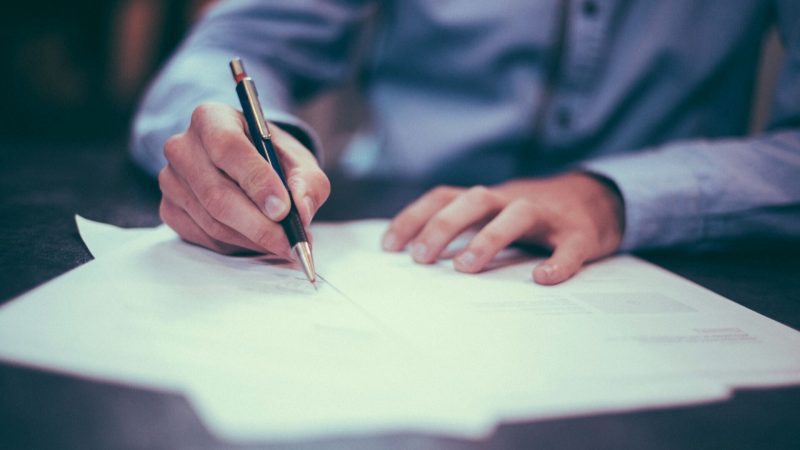
What Is a Portrait Agreement?
This outlines what is expected from the client and you as the photographer.
It is like a service level agreement between two people detailing specifics such as – your name and the name of the client; how much the service will cost; what services have been decided upon; the cancellation policy; what is the expected time-frame for the end product; how the product will be delivered. And most importantly – a notification of copyright.
What Is a Model Release?
This was discussed earlier, but it is good to understand what it is exactly and when it is needed.
It is a release signed by the subject of the photography or if the subject is a minor, then the parent/guardian. This signed form means you can take and display any photographs taken.
This form is not always necessary, but if you are going to display the photographs on social media or in public areas then you need it.
Related: Photography Income: How Do Models Get Paid?
What Is a Print Release?
If you are selling digital files to a client, then you can get a print release signed. This means you are giving permission for the client to reproduce the digital files bought.
This does not mean you are giving up your copyright – you are still the owner.
What Is a Copyright Notice?
This should be included in your portrait agreement.
This can also be given to clients when you are handing over their photographs to remind them of the copyright laws in your country or state. Many clients are unaware of copyright law – you might have to educate them from the beginning.
If you are a wedding or other type of photographer, there are photography specific contracts that you will always need in your business.
Make sure that you are up-to-date with the laws in your area or country and keep all the forms handy.
Some Interesting Photography Laws and Stories – in the US and Other Countries
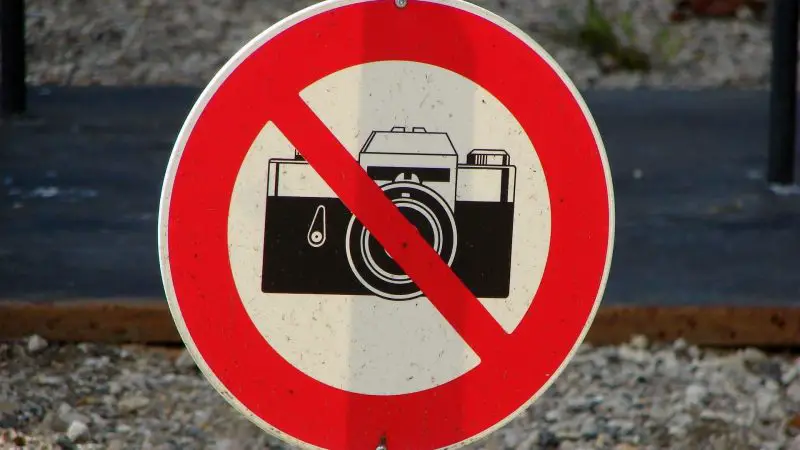
Texas has an improper photography’ statute where it is illegal to photograph anyone without their consent if the intent is ‘to arouse or gratify the sexual desire of any person’.
In Budapest, you have to get permission from anyone and everyone you want to photograph. This also includes the police.
It is illegal to photograph the Eiffel Tower at night as the light show is protected by law.
In Iran, you will be encouraged to take photographs – even inside mosques! But photographing women is not allowed.
In Romania and Poland, if you are taking your camera into a tourist attraction, you have to pay “extra” fees.
You can photograph anything in the Philippines, but the malls, even if you are standing on their grounds.
In the US, a documentary photographer was arrested for photographing street artists – apparently, he was documenting graffiti.
In Australia, there are many no photography signs in the cities that have been put up by companies, limiting what can and can’t be photographed more than ever before.
Since 9/11, there have been many changes in photography law.
In the UK, taking photographers of public places can get you into trouble – fears of security and paranoia mean that photography is being restricted.
While some countries still view a person with a camera as an artist, many others are clamping down.
It is hard to imagine that simply taking photographs could involve so much legalism and implications that could land you or other photographers in hot water!
After all, is said and done, the most important thing is to do your research – make sure you have the correct forms, phone a lawyer if need be – and when in doubt – ask and get signed permission.
Protect yourself and your photographs. It is your right.
Related: What Are Photographers Responsibilities?
